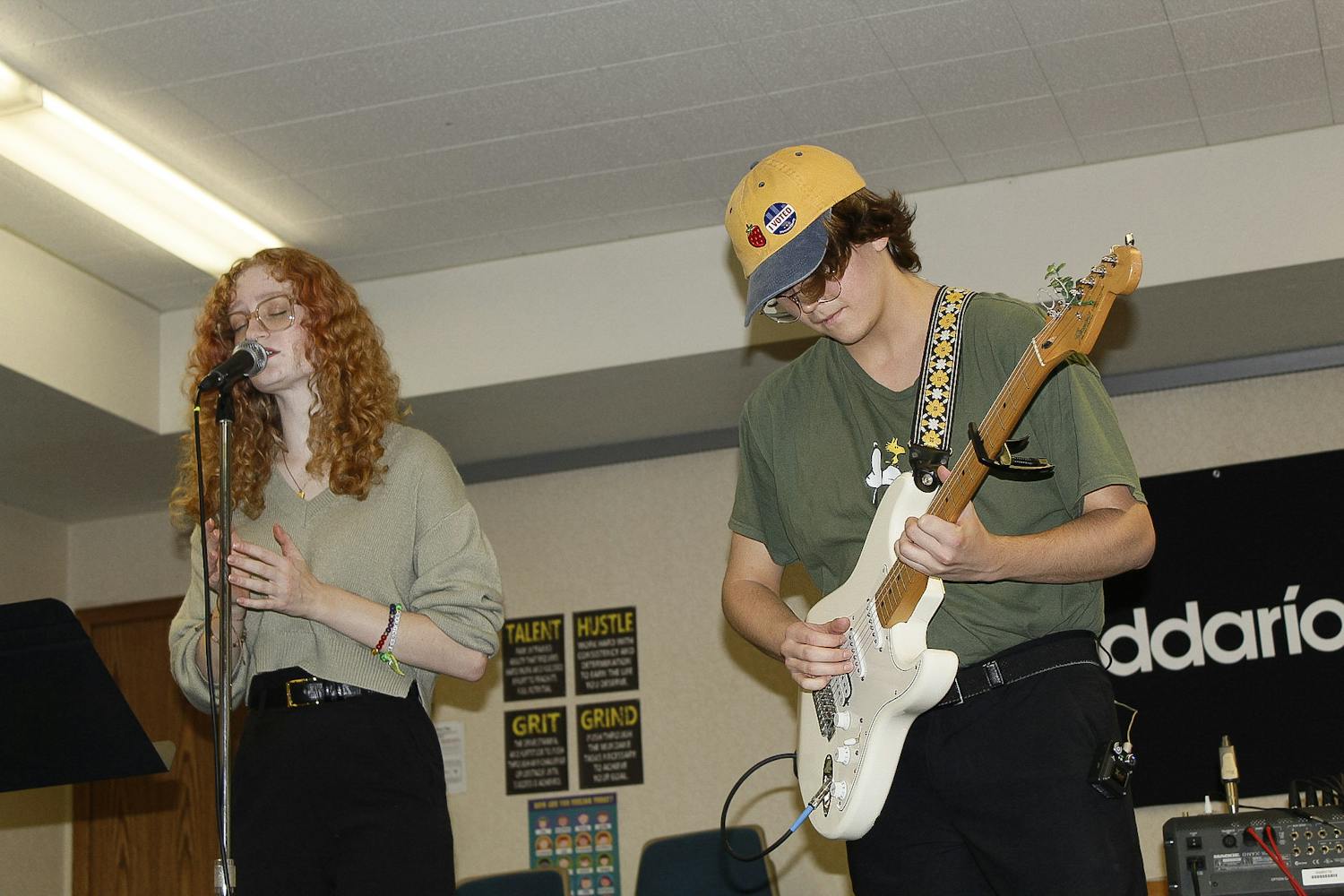Getting boozed and energized simultaneously could be a bigger risk than some ASU students think, according to a study released Sunday.
The study, released by Wake Forest University's School of Medicine, showed that a college student who drinks alcohol and caffeinated energy drinks together is about twice as likely to be sexually assaulted or to sexually assault someone, compared to students who drink alcohol alone.
"I was surprised at how strong the numbers were in terms of the sexual risk," said Dr. Mary Claire O'Brien, the study's lead researcher, who has been researching alcohol's effects on college students since 2002.
O'Brien said drinking alcohol and caffeine together was an emerging trend among college students.
Whites, males, intramural athletes, Greek society members or pledges, and older college students were most likely to consume alcohol mixed with energy drinks, according to the study.
Of the 4,271 college students originally surveyed, 2,886 students said that they drank in the past 30 days.
The study found that 6.4 percent of students who mixed alcohol and energy drinks, which O'Brien called mixers, were taken advantage of sexually, compared with 3.7 percent of students who did not consume energy drinks with alcohol, known as non-mixers.
"Alcohol contributes to misreading sexual signals," O'Brien said.
Mixers spent an average of about 1.4 days drunk every week, while non-mixers spent about 0.7 days drunk, according to the study. Approximately 12.3 percent of mixers hurt or injured themselves while drunk, compared to 5.9 percent of non-mixers.
ASU Police spokesman Jim Hardina said he was not aware of the study, but a large number of crimes at ASU are related to alcohol.
"Since I've been at ASU, in every single sexual assault case I've been involved in, one or both parties had been drinking," Hardina said. "Most of the time it's underage drinking."
Kinesiology junior Seth Walsh said drinking alcohol mixed with energy drinks makes him feel more sober than drinking just alcohol.
"It makes you feel less drunk," Walsh said. "… It keeps you more alert, keeps you more awake."
Walsh said his worst experience drinking energy drinks and alcohol was dancing until 5 a.m.
"You're not as predisposed to passing out," Walsh said.
O'Brien said caffeine adds to the feeling of sobriety even though it has no effect on blood alcohol content, making the risk of sexual assault even higher.
"I'm not against an energy drink any more than I am against a cup of coffee," O'Brien said. "But I am really against mixing energy drinks and alcohol. That is a very dangerous combination."
Reach the reporter at: mculber@asu.edu.



